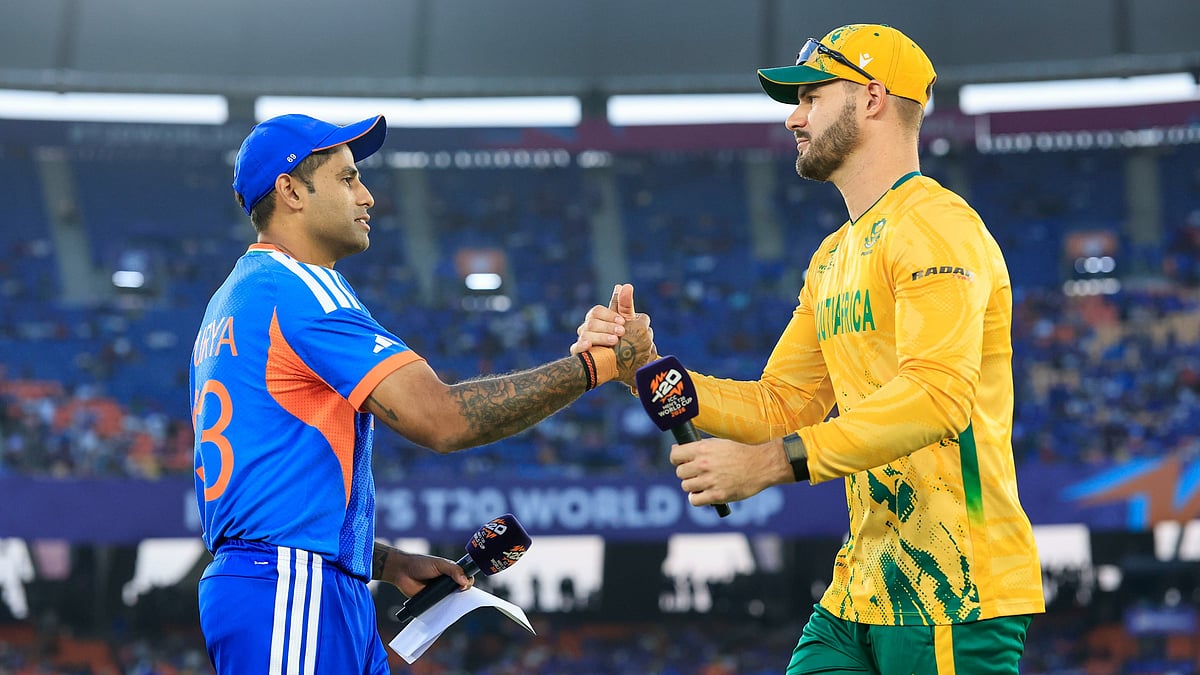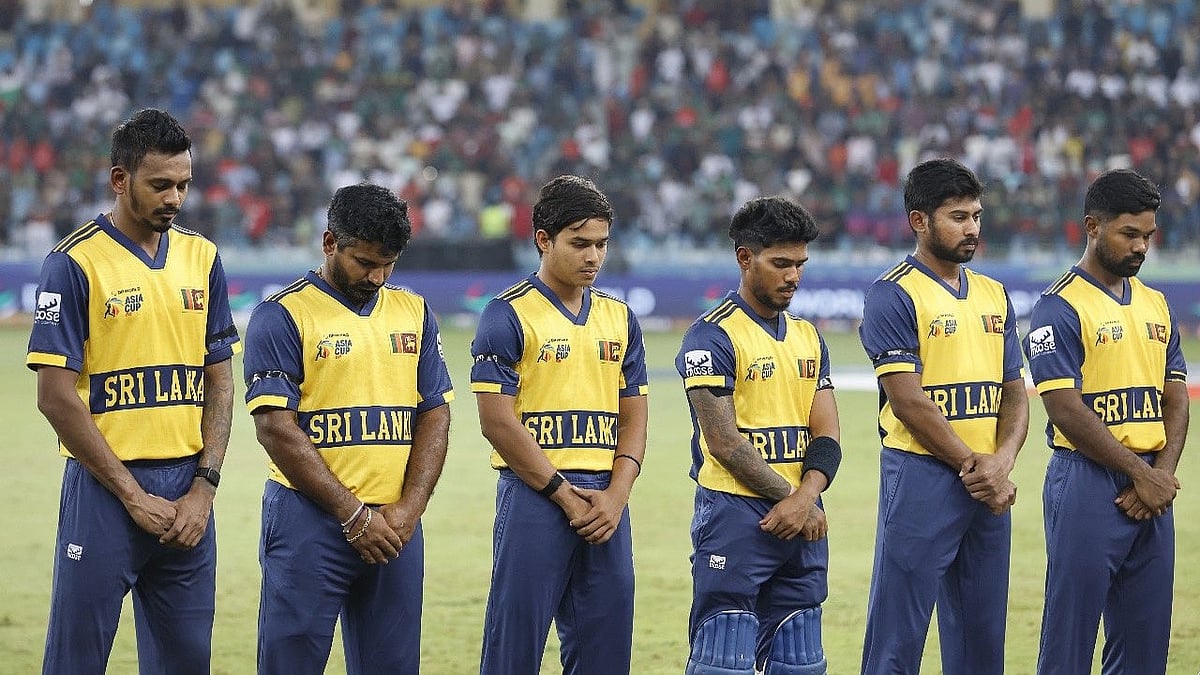The International Day of the Unborn Child is observed every year on March 25. It aims to take a moment in the view to celebrate the value of human life, dignity, and the developing child yet to be born. Also, the day marks the annual commemoration of every unborn fetuses, and is in opposition to abortion.
On this day, Swarna Srikanth from The Free Press Journal connects with representatives from Manzuri to discuss over a few points related to reproductive wellbeing, abortion, mental health impact, sex education, and more…
Here are a few excerpts from the interview:
Q. On International Day of the Unborn Child, what is your message to society?
Aastha Vohra, CEO & Co-founder, Manzuri said, “I firmly believe that this day should commemorate the experiences and perspectives of women over the impact of abortion, related scenarios on their mental health, instead of the archaic debate on pro-life vs pro-choice.”
To the unversed, the terms "pro-life" and "pro-choice" refer to the dominant ideologies over abortion rights. Those who are pro-life, believe that abortion should be banned in sense of valuing one’s life. However, the later suggest of people holding unlimited autonomy with respect to their own reproductive system and thus support keeping abortion legal and accessible.
Q. Do you believe that lack of sex education in India results into crimes like sexual harassment, molestation, illegal sexual activity, etc?
“Yes of course, there is a very strong, direct correlation between sex education in a country and sex-related crimes,” said Founder Manzuri, Ritesh D. Ritelin.
He added, “The first step in resolving sex-related crimes is to teach ‘consent’, and needless to say that consent is probably the most important element of any sex education program. If schools could adopt a comprehensive sex education curriculum, or atleast include consent in their syllabi for a respective age group, it can massively help in the reduction of crimes such as harassment, molestation, rape etc.”
Q. What are your ways to improve sex education in the country?
Ritesh: It would benefit the society if Indian parents gave even 1% importance to sex education as they do towards their ward learning the math tables.
Ideally, it should start with the parents - then be facilitated by educational institutes. The governments could run campaigns on OOH and digital platforms to spread awareness and educate the youth of the country.
Manzuri is attempting to become India's first sex education company. We're trying to change that through our focus on inclusive, pleasure positive, sex education. Few mediums through which we are trying to bridge this gap are content (blogs), community (Instagram and Facebook groups) and commerce (e-commerce).
In a country where ed-tech is all the rage, it's a pity that sex ed does not conventionally come under the broader umbrella of education. At Manzuri, we plan to launch our own sex education courses eventually, and are already in the process of developing an exhaustive curriculum with some of the top gynaecologists and doctors in the space. Our Instagram page @get_cliterate has already gained decent momentum and is 100% a sex education-focused handle.
Q. Masturbation is a taboo, there lies fear of infertility due to 'log kya kehenge' - What’s your say over this?
Ritesh: By definition the meaning of the word ‘taboo’, is prohibited or restricted by religious customs. Masturbation is exactly that!
I strongly believe that there is a critical need to separate notions of society and culture from science when we talk about ‘masturbation’.
Firstly, there is no proven record of masturbation leading to infertility. Addiction, yes. Infertility, no. Secondly, if we go back to 1700 and 1800s into history of sex toys, you will find that these tools were essential in discovering your body and sexuality. So, why not now? Lastly, knowing that it is normal and acceptable will help us from wondering about ‘log kya kahenge’.
Q. These words are a ‘big no’ to talk with family members, which ones…?
Ritesh: Orgasm, masturbation, periods, sex toys, condoms and other contraceptives, need for sex education are all examples of topics that we NEED to start discussing with family, because at the end of the day, taboos can only be broken when we normalize conversations around them.
Most kids today learn about sex from pornographic content and social media, this being due to their families almost NEVER striking a talk about these topics - over the notion that these words, scenarios are wrong. Such thought processes prevent them from approaching dear ones, and eventually creates a cycle that is difficult to get out of.
Also, due to the prevailing taboo, parents are not able to educate their daughters (or children in general) on contraceptive measures; when combined with the absolute lack of sex education, leads to an increase in unwanted pregnancies and STIs.
Manzuri did a small, anonymous survey of over 200 unmarried women, and found out that 87% of their parents did not know that they are sexually active. However, the number may actually be much more since our survey audience was mostly confined to tier 1 & tier 2 cities.
Q. How could contraceptive failure affect one's ongoing life patterns?
Aastha: Unplanned happenings are always a matter of concern! As is the case with any other societal issue, the impact of unintended pregnancies is extreme, be it due to contraceptive failure or other uncontrolled reasons. Research suggests that contraceptive failure leading to pregnancy, or later creating a need to abort the unborn, is most prevalent in younger ages. Not only does it impact the maternal health, the health of the baby but can also leave a serious impact on mental health.
If such happens to some in an unfortunate setting, such as a non-helpful partner and/or non-cooperative family, the plan for one’s life goes for a toss. This is why it is absolutely CRUCIAL to engage women, along other genders in sex education at a very young age. As Ritesh stated earlier that the same could be ideal during the days of schooling, I would add that along ‘consent’, the early age group must also be made aware of their reproductive rights and contraceptive choices.
Q. What mantra do you suggest our readers for coping with mental trauma post abortion or miscarriage?
Aastha: I always say that one’s sexual health is as much a product of mental health as it is of physical health. Since anything to do with the sexual, reproductive health of a woman is steeped in a lot of myths (such as breast cancer, difficulty in getting pregnant or negative impact on the child’s health), the first step would be a lot of unlearning.
Abortion, as a subject, is deeply rooted in our lives. Unlearning the myths and taboos around the subject, followed by re-learning from a purely biological and anatomical lens will allow us the freedom to be confident about one’s choices. Thus, unlearning is the mantra that can help us relieve anxiety and feel better.







